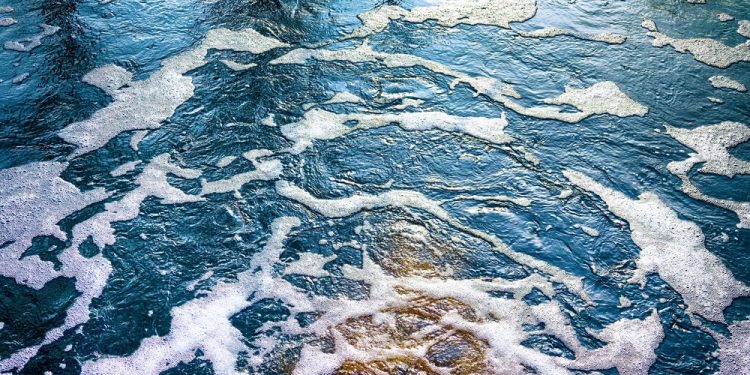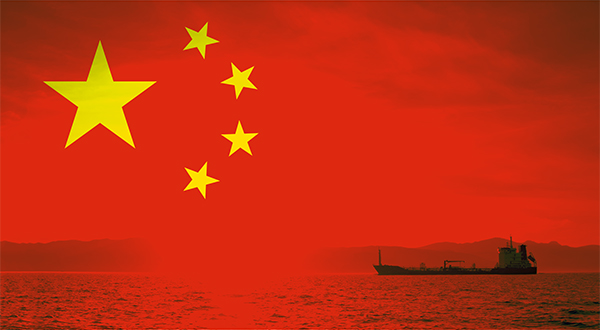July 8, 2025

The IMO Biofouling Guidelines, updated in 2023, provide a comprehensive framework for managing biofouling on ships to minimize the transfer of invasive aquatic species and enhance energy efficiency. In line with these updates, SQE MARINE has issued a new circular reminding ship managers and operators to review and revise their existing Biofouling Management Plans and Records in accordance with the latest guidance.
Key components of a Biofoulinf Management Plan include a ship-specific Biofouling Management Plan (BFMP) and a Biofouling Record Book (BFRB).
As per IMO Resolution MEPC.378(80), the 2023 guidelines provide additional information on the development of Ship Biofouling Management plans and Record Book. Furthermore, national requirements from Brazil and Norway were added to existing additional requirements from USA, Australia and New Zealand.
Updated requirements
The revised guidance for ship biofouling introduces a rating scale to assess the extent of fouling in inspection areas. It also provides additional information on achieving adequate coverage and inspecting the condition of anti-fouling systems (AFS), and requires new inspection and cleaning reports to be included in the record book.
- Brazil has issued additional national guidance for ships over 24 meters operating within Brazilian jurisdictional waters. Vessels are now required to carry a Ship Biofouling Management Plan and a Biofouling Record Book on board. Fines have been introduced for transporting or releasing substances harmful to the environment – particularly those that pose risks to human health, cause animal deaths, or significantly damage biodiversity. Penalties may be increased up to threefold for repeat offenses and doubled if another environmental violation occurs within five years of the initial infraction.
- Norway has also issued additional national guidance for ships operating within its territorial waters, including those around Svalbard and Jan Mayen. All vessels entering Norwegian territorial waters from outside the North-East Atlantic Emission Control Area (NEZ) must have a Biofouling Management Plan in place, along with documentation of any cleaning measures undertaken. In line with IMO guidelines, a Biofouling Record Book should be maintained to record these activities. The documentation must demonstrate that the hull is free from macrofouling and must include details such as the time and location of biofouling removal and the cleaning methods used.
Actions required
Ship managers and operators should review their vessel-specific Biofouling Management Plans and Biofouling Record Books to ensure compliance with the updated guidelines in the 2023 Resolution MEPC.378(80).
They should also incorporate existing requirements from California, Australia, and New Zealand, as well as the additional national requirements introduced by Brazil and Norway
SQEMARINE can assist ship managers/operators on the review of previous versions of Biofouling Management Plan/Record book and/or the development of new editions of such documents.

